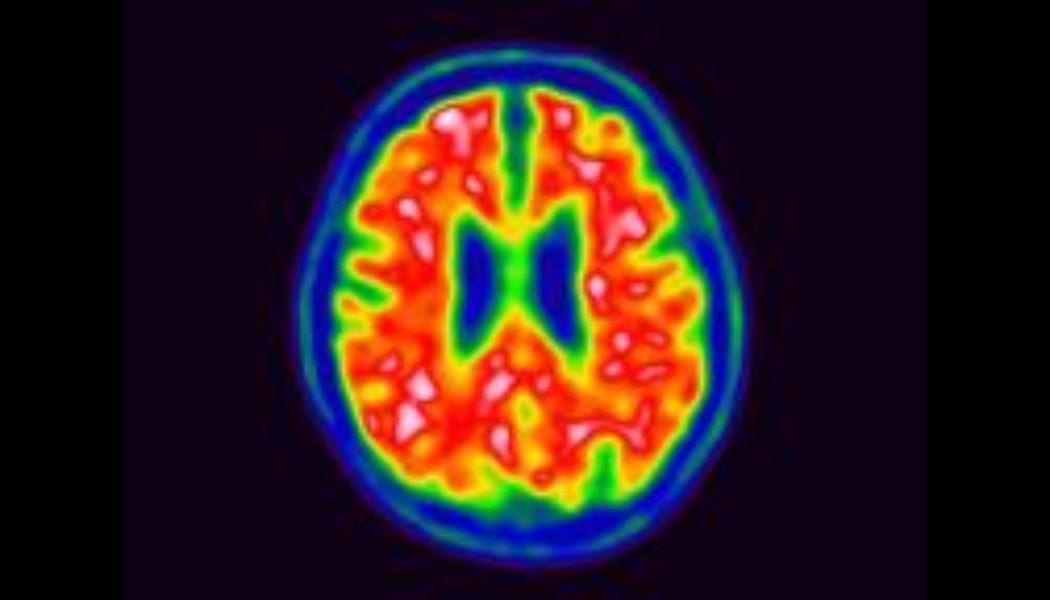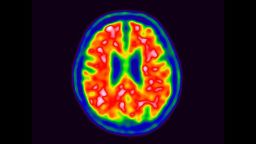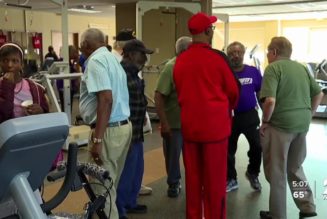Seniors living in the East and Southeast regions of the United States are most likely to have Alzheimer’s disease, according to new data shared at the Alzheimer’s Association International Conference and published Monday in the organization’s journal.
The report offers the first estimates of Alzheimer’s disease prevalence in the US at the county level. Researchers used data from thousands of individuals who participated in the Chicago Health and Aging Project to assess demographic risk factors for Alzheimer’s disease — including age, gender and race — and mapped that against the makeup of US counties.
These demographic estimates suggest that Alzheimer’s rates are highest in Miami-Dade County, Baltimore, and the Bronx — where about 1 in 6 seniors have the disease. Maryland has the highest prevalence at the state level, followed by New York and Mississippi.
Experts say the findings may be useful to help public health leaders and organizations better support the millions living with this disease — and plan for an aging population.
“Having this information is very helpful because I think it adds to the urgency of the work that we’re doing,” said Dr. Halima Amjad, a geriatrician at Johns Hopkins Medicine and chair of an Alzheimer’s council in the Maryland state government. She was not involved in the study.
“For dementia, a lot of the care and support that is offered — through legislation or programs — often occurs at the state and local level, rather than at the national level,” Amjad said. Last year was the first year that the Maryland state budget had specific appropriations focused on dementia care, about $3.5 million, she said. “So we need to have that focus, both through planning at a public health level and backing up that planning with finances, to bolster the care and support that’s available.”
Using demographic risk factors to estimate the prevalence of Alzheimer’s disease can help capture the full burden of disease better than what’s in medical records.
“Half, or even over half, of people who are living with Alzheimer’s disease and related dementias are actually undiagnosed,” Amjad said. “Why that happens is complex. Sometimes individuals and families don’t recognize it to be dementia. confusing it with normal aging. And we know that clinicians don’t always ask about it, so it doesn’t come up unless the family brings it up. And clinicians may be reluctant to make and share the diagnosis.”
Risk for Alzheimer’s disease increases significantly with age. According to the report, people ages 75 to 79 were about three times more likely to have the disease than those ages 65 to 69, and rates were about 15 times higher among those age 85 and up.
Get CNN Health’s weekly newsletter
Sign up here to get The Results Are In with Dr. Sanjay Gupta every Tuesday from the CNN Health team.
Rates among senior women were about 13% higher than among senior men, and rates among Black seniors were about 2.5 times higher than those among White seniors.
James Macgill, assistant commissioner at Baltimore’s health department who leads the city’s Alzheimer’s program, said the estimates don’t particularly surprise him.
“This is a majority Black city, and the root of all this really is the segregation in the city neighborhoods that goes back decades,” he said. Lack of access to health care, healthy food, walkable neighborhoods and more health disparities have contributed to chronic diseases like diabetes and hypertension, which can exacerbate the risk for Alzheimer’s and related dementias.
“The research seems to indicate that dementia really is increasingly linked to healthy lifestyles, so you really have to bring it down to the neighborhood level,” Macgill said. Outreach in those communities can help individuals understand and access the resources that are available to them to minimize their risk.
“Having data at the community level helps us educate the people in those communities and helps us make that case,” he said.










